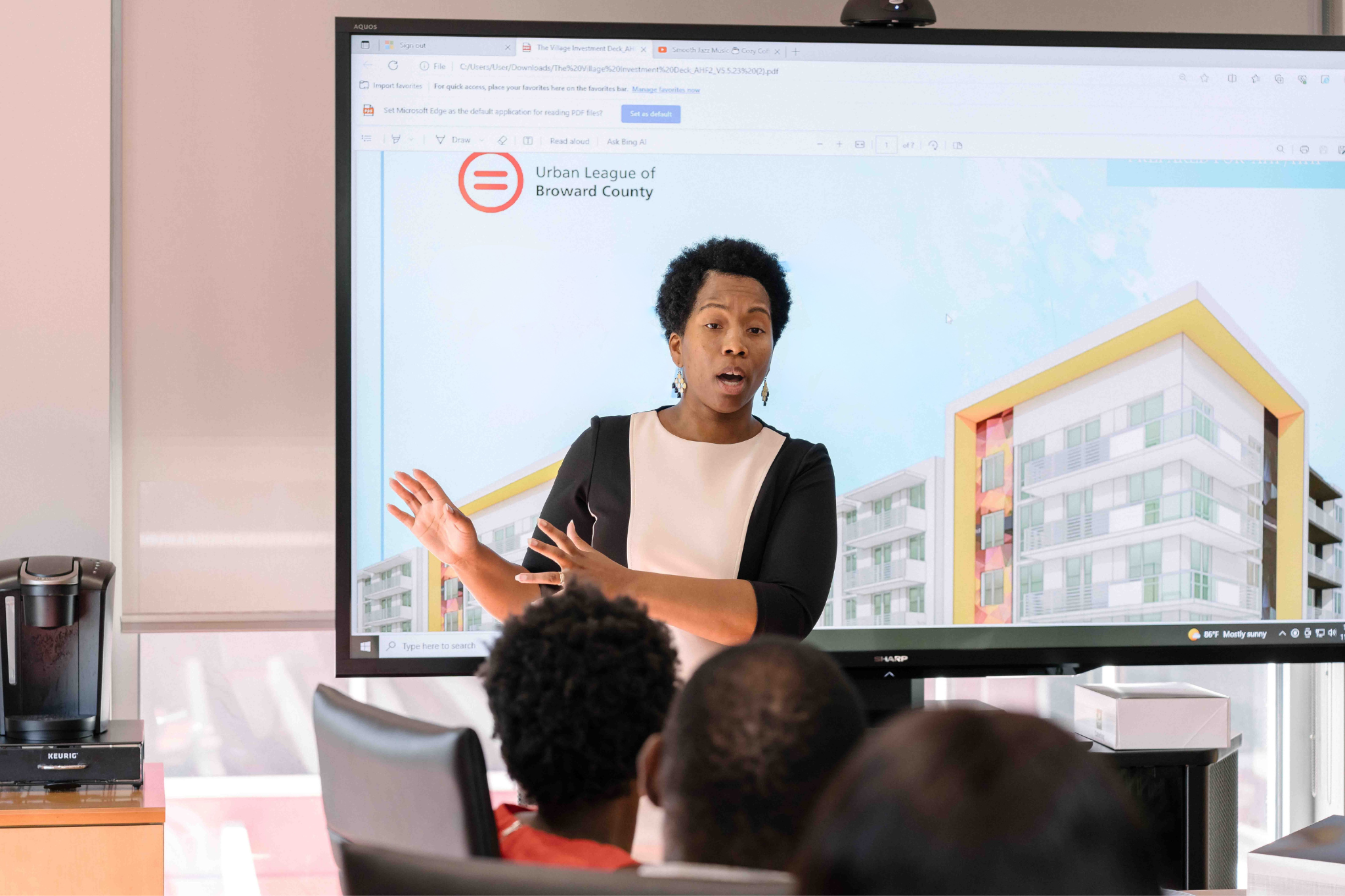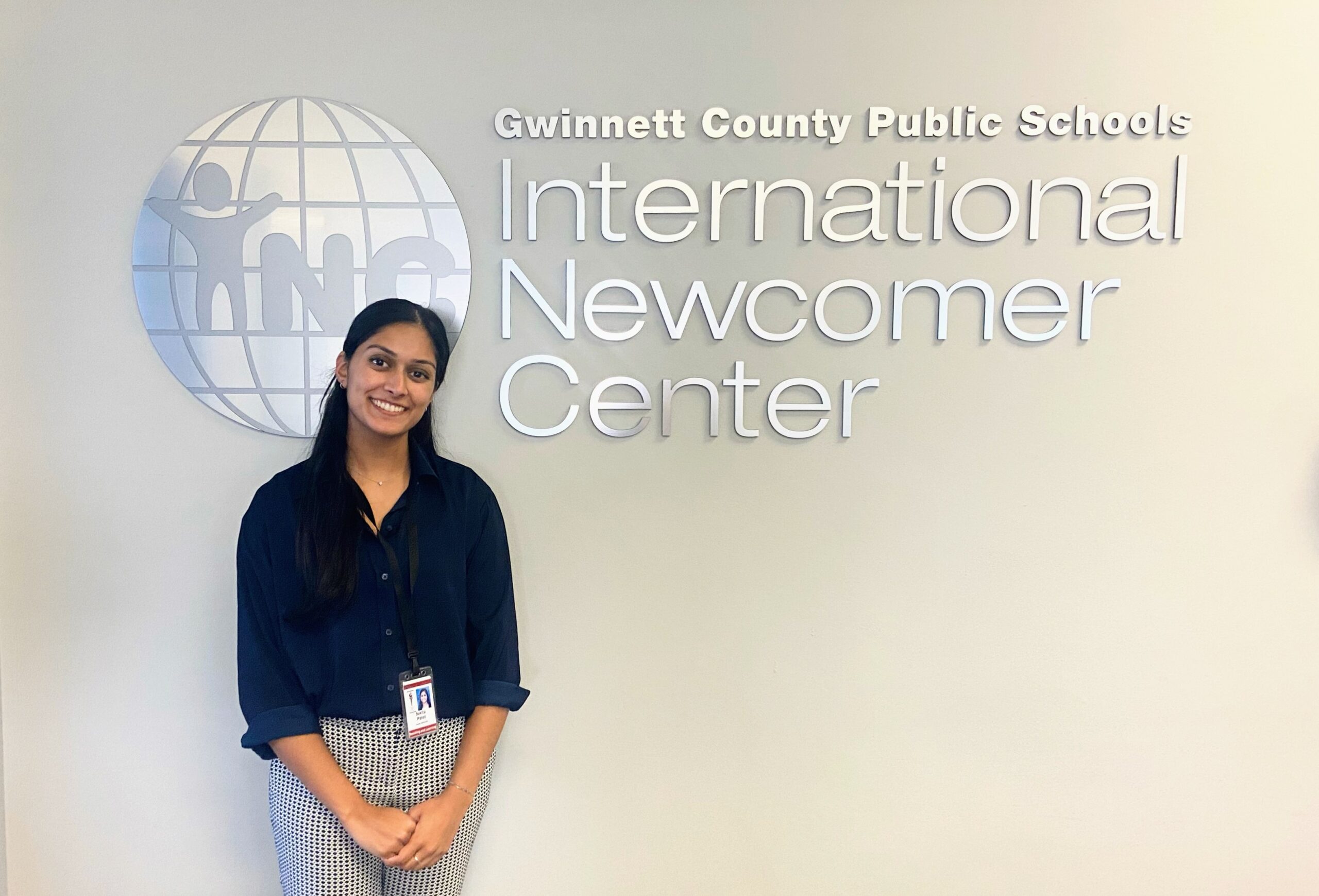

The HBS Summer Fellows Program enables students to apply their classroom training as they explore career opportunities in roles or regions where compensation is generally lower than the traditional MBA level. This summer, we are connecting with some of our 75 Social Enterprise Summer Fellows, who are working around the world to develop skills and knowledge while having significant responsibility and high impact.
What are you working on this summer?
I’m working at Gwinnett County Public Schools (GCPS), the largest school district in Georgia just northeast of Atlanta. Given that GCPS serves ~181,000 students, a lot of my work has been related to building strategies for implementation at scale. While the size of the district means it has more money and lower fixed costs, what can be done in a single school or even a small district becomes operationally more complicated when serving such a large population. I’ve primarily been focusing on two projects:
Why did you choose this internship for the summer?
I started my career as a high school English teacher in Malaysia and, at the smallest unit of measure, got to see how much of a difference a good teacher could make on a student’s life. Since then, I’ve always been curious about how this impact is created and affected by the system at large. How can a school district best enable teachers to make this type of impact every day? I’ve been curious about learning how school districts work from the inside for a while, and being at HBS has provided the perfect opportunity and connections to test it out this summer.
What are your goals for this summer?
As the system that educates the vast majority of our country’s students, a large public school district is a compelling place to make an impact for students. However, I had also heard a lot about the bureaucracy, red-tape, and politics. I want to learn about what change is possible in a large school district and how it happens – and ultimately, if this is a place where I could see myself building a career and striving for impact. In addition, I want to learn more about the primary challenges facing K-12 education today and develop a perspective on problems I’m interested in tackling.
How has your MBA skillset prepared you for this role?
My first project incorporates a lot of strategic marketing. When thinking about shifting the way schools teach and what students are learning, there is an entire web of stakeholders and priorities to navigate. Understanding how to create the case for change and convince leaders, parents, and teachers to get on board with the shift feels like a non-traditional marketing case. In a sense, we know the product is good but need to do a lot of consumer education and conversion cost analysis. My second project is all TOM (operations). I have spent weeks understanding the current process, learning how to do each job, identifying areas where the cycle time was too long or the buffers were too small. In our case, the process is getting students registered for school and the challenge is dealing with high amounts of variance depending on the family’s background and English-proficiency.
How has the summer influenced your thinking on future involvement in social enterprise?
While I have always known I want to be a social entrepreneur after graduation, this internship has helped me experience the difference between innovating in a nonprofit vs. the government. I’ve found that political and public opinion components of government work really influence the way decisions are made, both positively and negatively. While I don’t know exactly how this might impact my future decisions, it’s been helpful to experience working in a governmental organization and compare it to my past work in the nonprofit sector.
How can someone learn more about your organization?